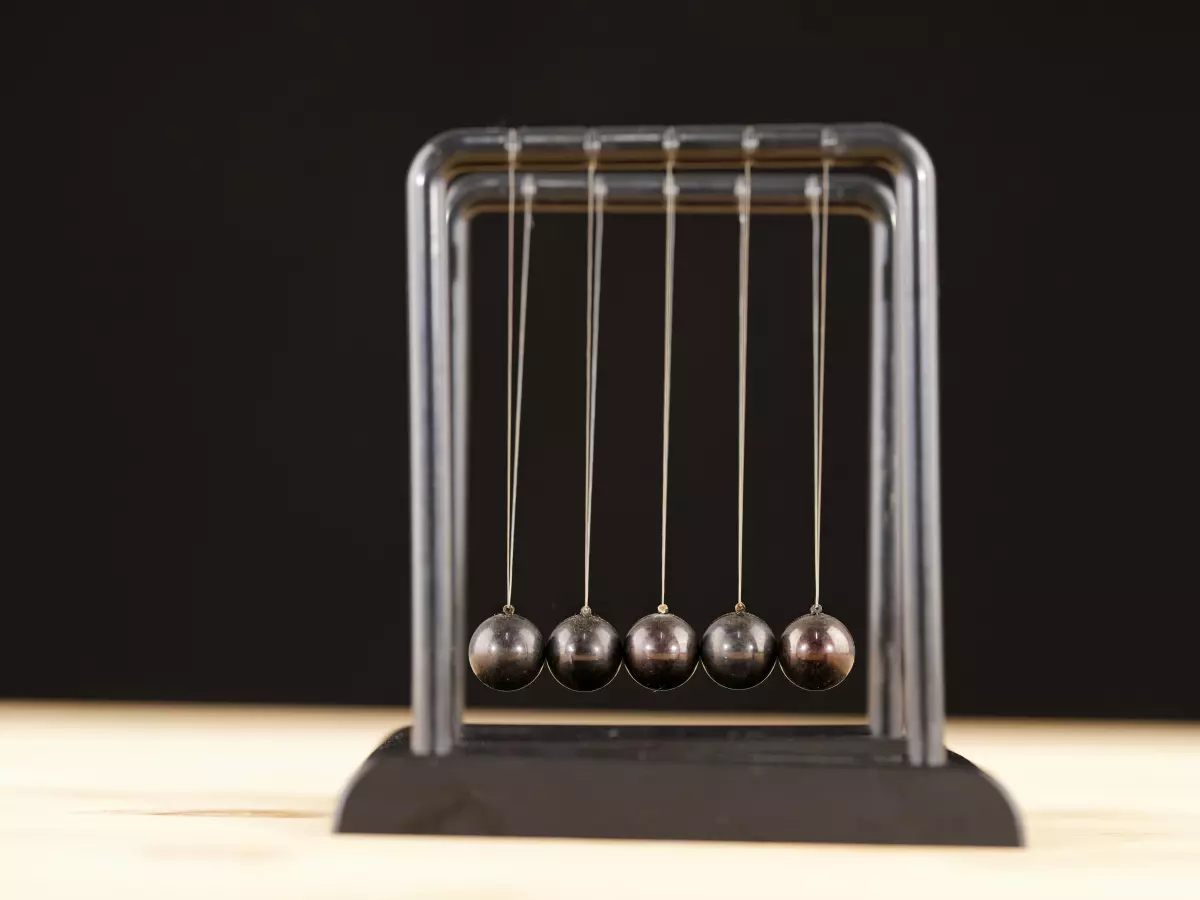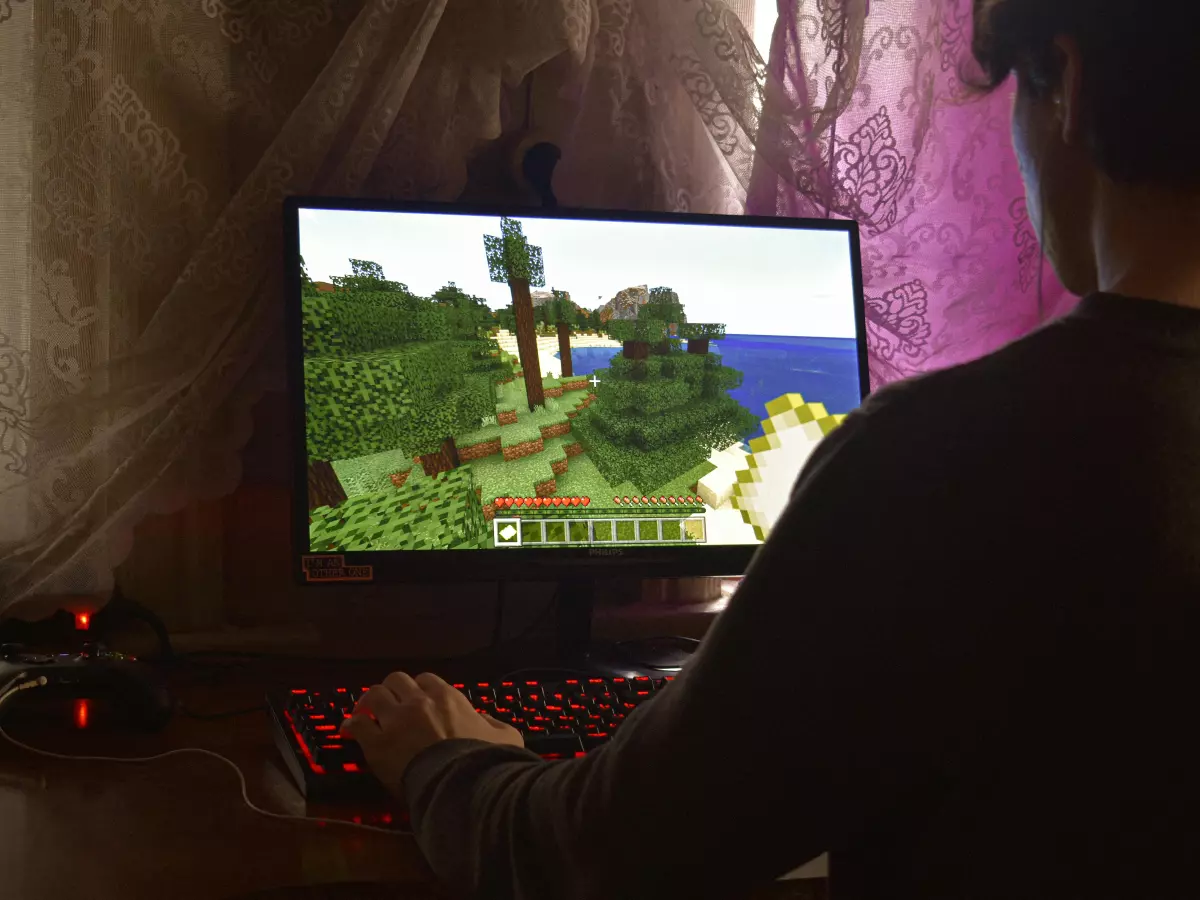Crunch Culture
Game development is supposed to be a dream job, right? You get to work on the next big blockbuster, create worlds from scratch, and see your name in the credits of a hit game. But there's a dark side to this dream that many developers know all too well: crunch.

By Dylan Cooper
For those unfamiliar, 'crunch' refers to the intense periods of overtime that game developers are often subjected to in the final stages of a project. We're talking about 60, 70, or even 100-hour work weeks. The goal? To meet tight deadlines and deliver a polished product on time. Sounds heroic, right? Like a team of digital knights racing to save the kingdom (or at least the release date)?
However, the reality is far from glamorous. Crunch culture has been criticized for years, but it’s still a widespread practice in the industry. According to Presse-citron, even the biggest studios—those responsible for some of the most iconic games—are guilty of pushing their teams to the brink. And it’s not just the big names; indie developers are often forced into crunch mode too, especially when they’re working with limited resources and tight budgets.
Why Does Crunch Happen?
So, why does crunch exist in the first place? In theory, it’s to ensure that games are released on time and meet the high expectations of both publishers and players. But in practice, it often stems from poor planning, unrealistic deadlines, and the ever-present pressure to deliver a hit game.
Many developers enter the industry with stars in their eyes, only to find themselves stuck in a cycle of burnout. They’re passionate about their work, but passion can only take you so far when you’re working 14-hour days for weeks on end. And the worst part? Crunch doesn’t always guarantee success. Games that have undergone crunch are just as likely to flop as those that haven’t.
The Fallout of Crunch Culture
Crunch isn’t just bad for developers—it’s bad for the games themselves. When developers are overworked and exhausted, mistakes happen. Bugs slip through the cracks, features get cut, and the overall quality of the game can suffer. We’ve all seen those infamous day-one patches that are bigger than the game itself, right?
But the real damage is done to the people behind the games. Crunch can lead to burnout, mental health issues, and even physical health problems. Some developers have reported long-term effects like insomnia, anxiety, and depression. And let’s not forget the toll it takes on their personal lives—relationships can strain, and family time becomes a distant memory.
Is There a Way Out?
So, what’s the solution? Can we break free from the cycle of crunch? Well, some studios are trying. In recent years, there’s been a growing movement towards better work-life balance in the gaming industry. Some companies have implemented policies to limit overtime, while others are experimenting with more flexible schedules.
But change is slow, and crunch is still a reality for many developers. As players, we can do our part by being more understanding when games are delayed. After all, wouldn’t you rather wait a few extra months for a polished, bug-free game than rush developers into crunch mode?
In the end, it’s up to the industry as a whole to make the shift. Developers deserve better, and so do the games we love.





